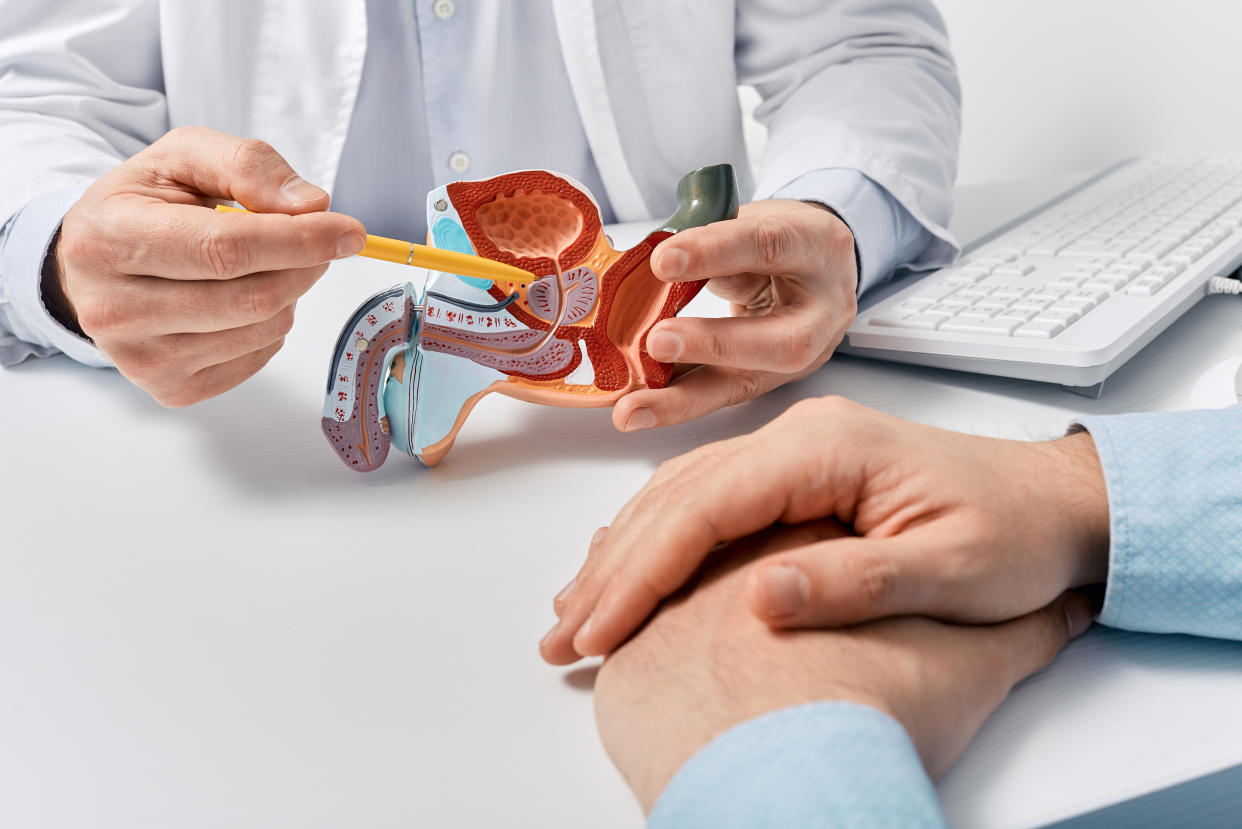Impotence could be sign of heart condition, expert warns

Impotence, or erectile dysfunction, is estimated to affect around half of men between the ages of 40 and 70 in the UK – but it could be detrimental to your heart health.
The NHS defines ED as a condition in men that sees them either unable to get an erection, or unable to keep an erection during intercourse.
While erectile dysfunction (ED) problems are common, a health expert has warned that it could be more than a sexual health issue as it could also be an early warning sign of cardiovascular disease.
"Erectile dysfunction is sometimes an early indicator of atherosclerosis, a condition that causes the hardening and narrowing of the arteries. This stops blood flow to both the heart and the penis,” Abbas Kanani, UK pharmacist of Chemist Click explains.
ED is linked to heart disease as the buildup of fats and cholesterol in the artery wall, known as plaque, which can lead to the disease can also result in impotence.
While it can be an early warning sign of heart disease, it can also be a result of the condition. One study found that ED is estimated to be present in more than 50% of men with a history of cardiovascular disease.

Type 2 diabetes is another disease that could lead to erectile dysfunction, with studies estimating that between 35% and 75% of men with diabetes suffer from ED.
"Erectile dysfunction can be caused by uncontrolled long-term conditions like diabetes, high blood pressure and high cholesterol,” Kanani explains. “When long-term conditions are not controlled, or where they have caused long term damage, the chances of reversing ED become slim.”
Kanani adds that, along with making an appointment with your GP, if you have noticed symptoms of ED then there are several lifestyle changes you can consider making. These include:
Maintaining a healthy weight
Consuming alcohol in moderation
Eating a balanced diet
Lowering stress levels
Regular exercise
Monitoring blood pressure, testosterone levels, and cholesterol
Quit smoking
While ED isn’t always the sign of a serious health condition, Kanani advises speaking to your GP if you have noticed any symptoms, and to discuss treatment options.
"Erectile dysfunction can in some cases offer an early diagnostic opportunity for cardiovascular disease, therefore the sooner you seek advice the better,” he adds.
Besides diabetes, high blood pressure, and high cholesterol, ED can also be caused by depression, anxiety, or hormone problems.
Health: Read more
How erectile dysfunction impacts men's mental health, according to new research (Yahoo Life UK, 4-min read)
Men could help erectile dysfunction by doing their pelvic floors, research suggests (Yahoo Life UK, 4-min read)
Will Poulter: ‘Within the Male Community, Mental Health is Especially Stigmatised’ (Men's Health, 2-min read)


